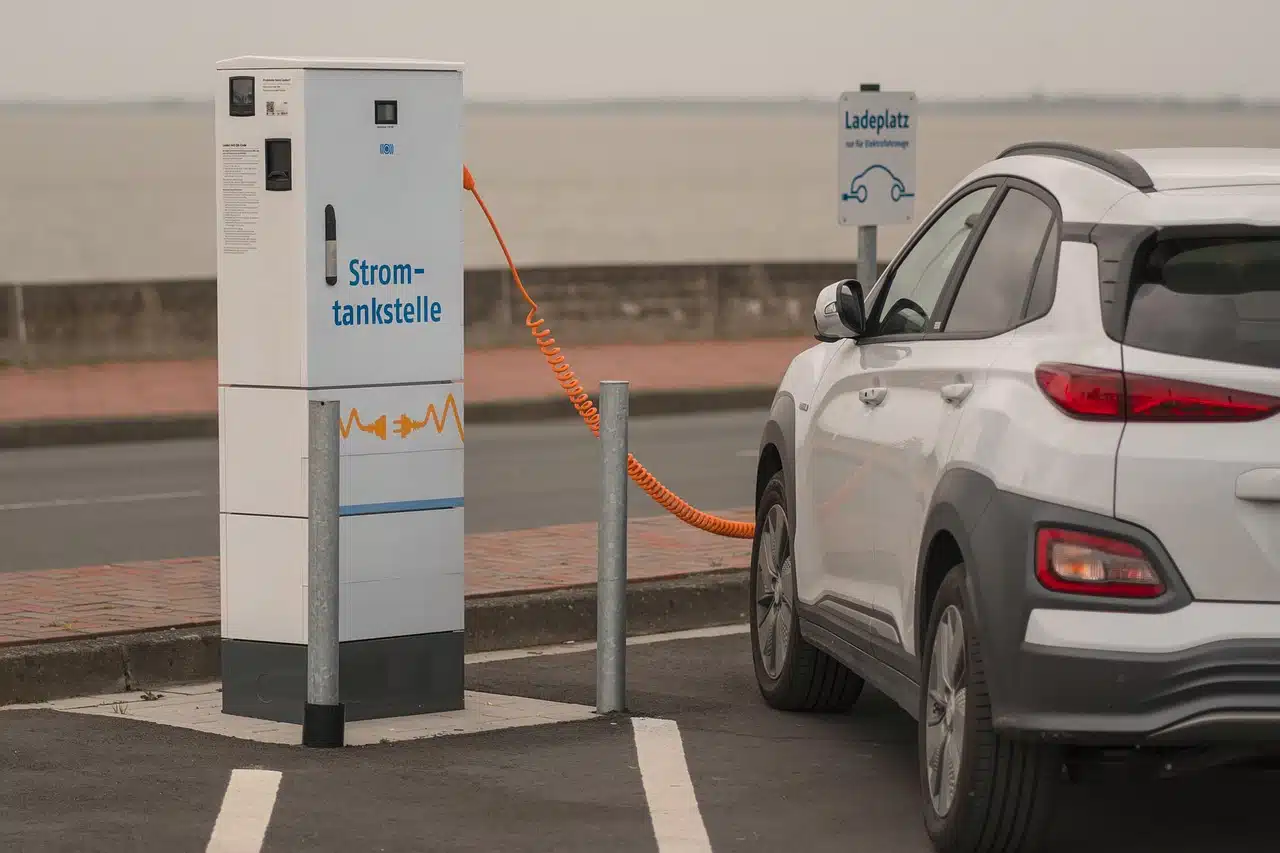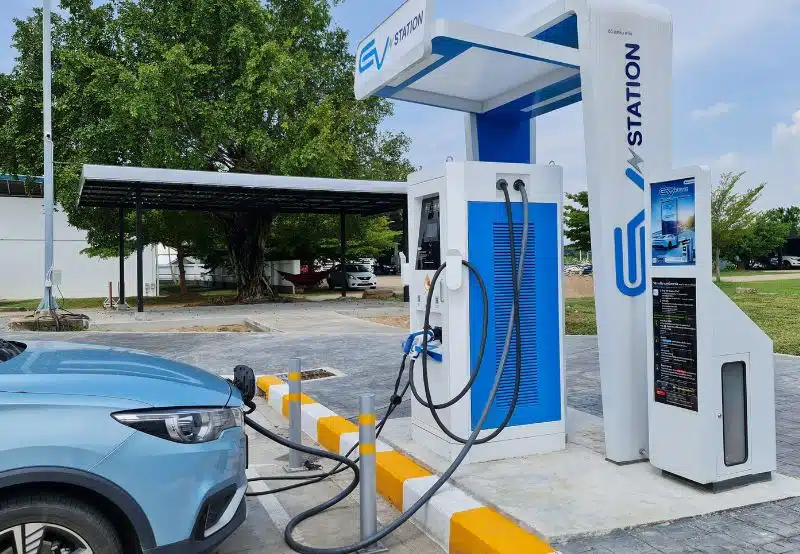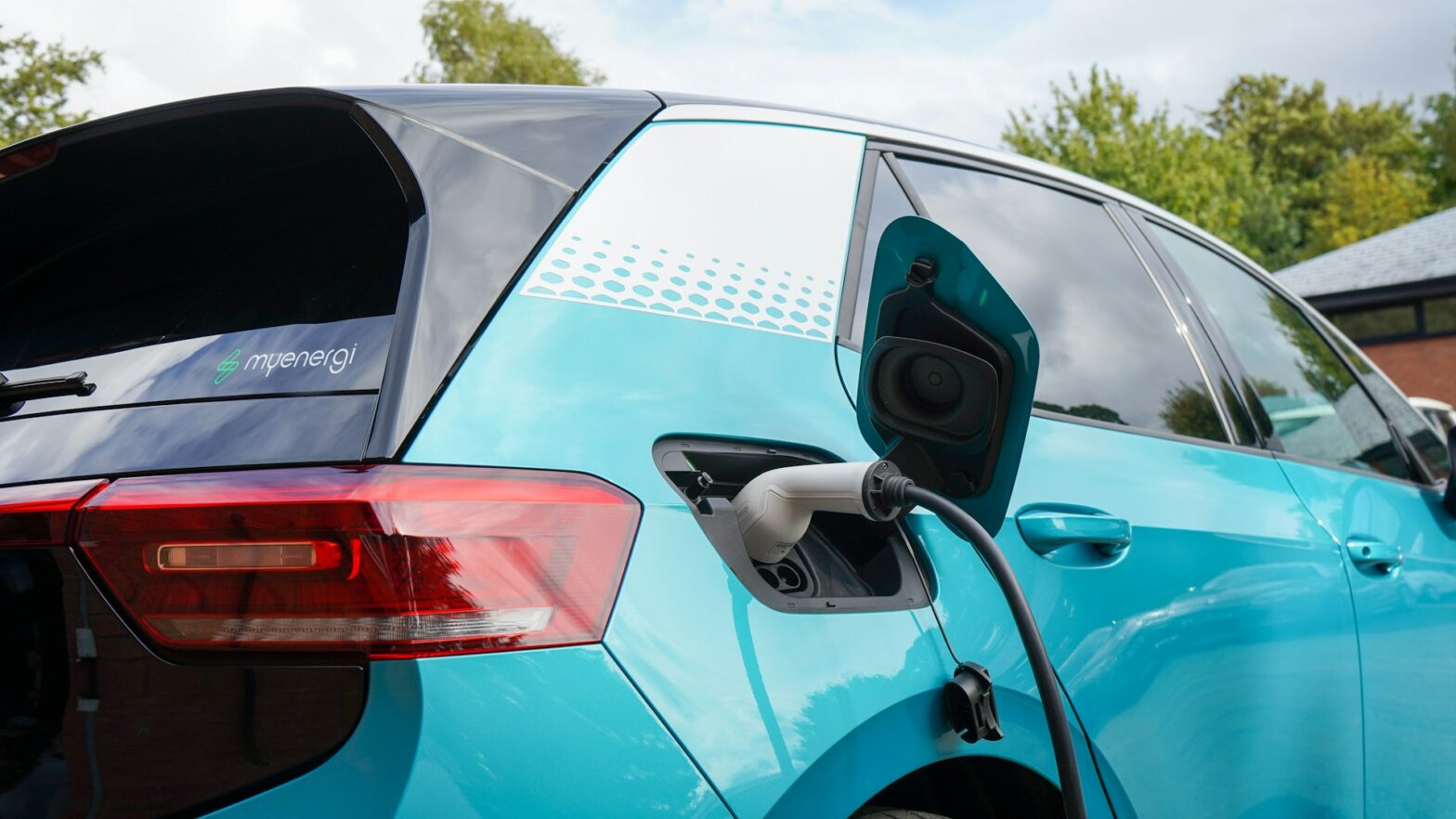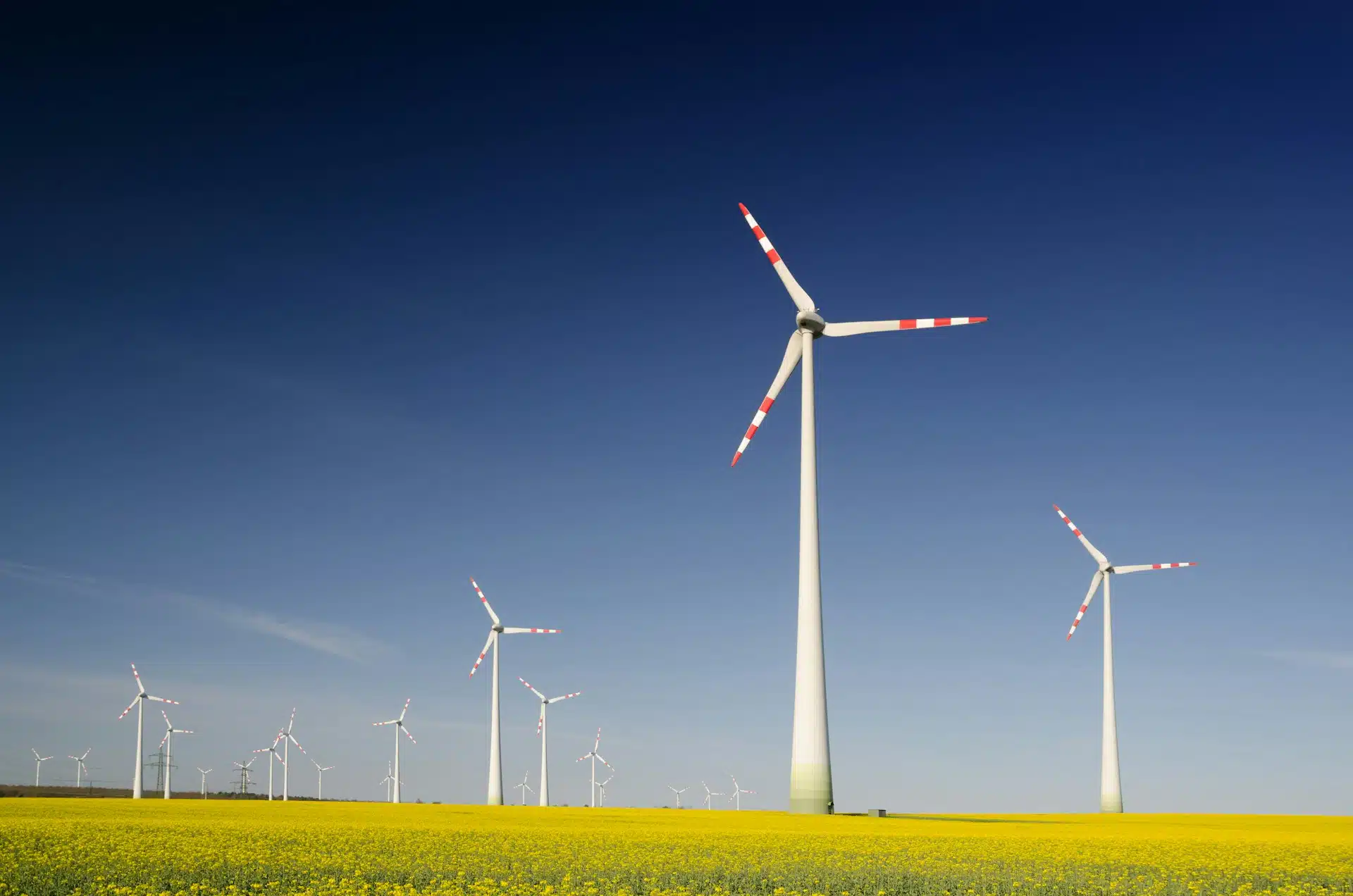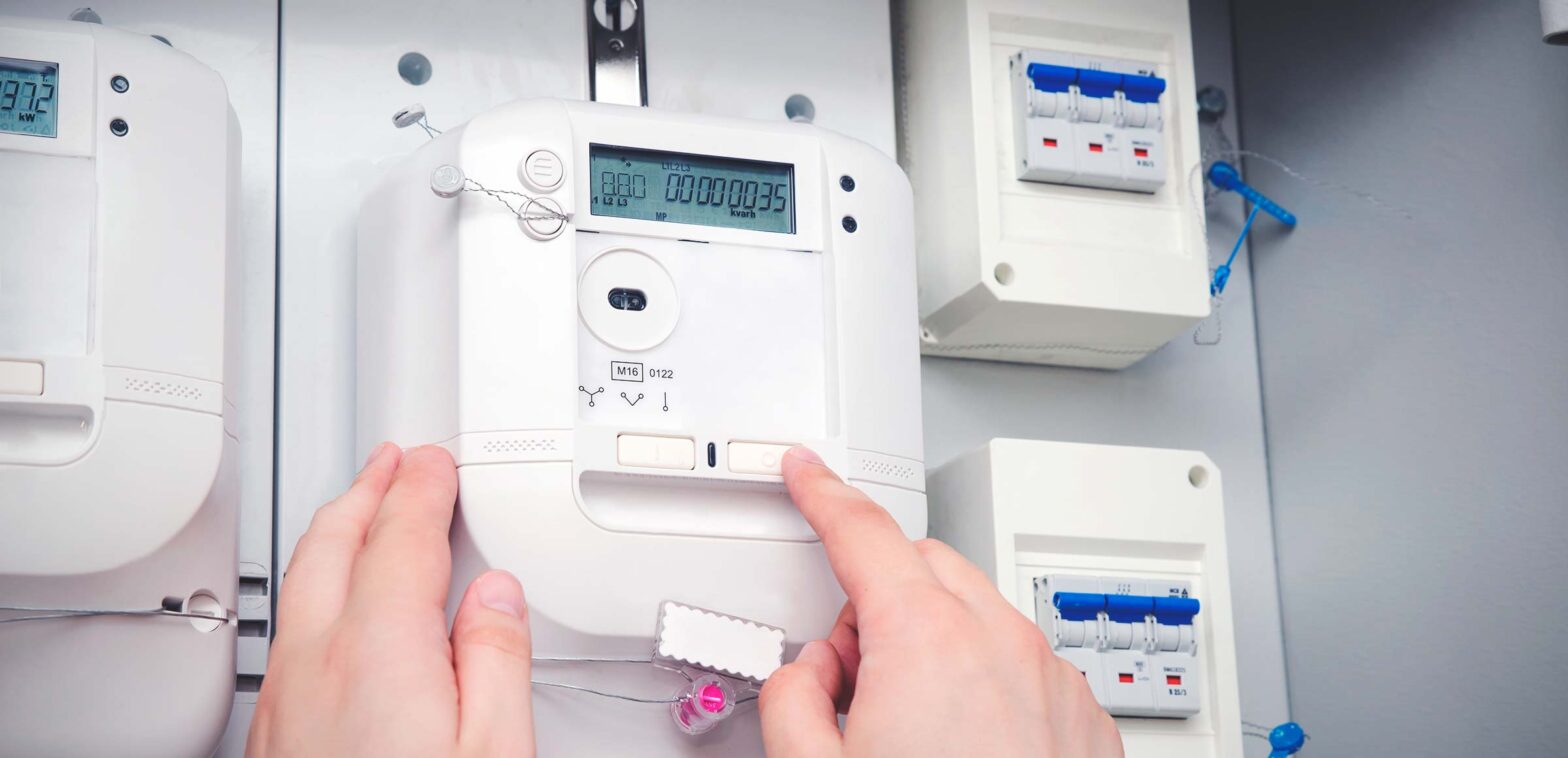Ethiopia’s electric vehicle fleet has tripled over the past year, growing from 4,600 in early 2023 to 14,000 EVs in early 2025.
Electric vehicles now account for over 60% of new car registrations in 2024, driven by robust government policies and fiscal incentives.
This surge positions Ethiopia as a leader in Africa’s transition to sustainable transportation, leveraging its hydropower-dominated grid to reduce reliance on costly fuel imports.
Strategic policy reforms and incentives
The Ethiopian government has implemented bold policy measures to accelerate EV adoption.
In 2022, the Ministry of Finance introduced a directive eliminating value-added tax (VAT), excise tax, and surtax on EV imports while reducing customs duties to 15% for fully built vehicles and 5% for semi-knockdown units, according to the Kenyan Wall Street report.
Additionally, Ethiopia became the first country globally to ban imports of non-electric vehicles in 2024.
This was aimed at cutting the nation’s $4 billion annual fuel import bill, according to Transport and Logistics Minister Alemu Sime
“All things considered, promoting the development of electric vehicles and the construction of supporting charging stations is a high priority,” said Sime
As a result, EVs now represent approximately 5 percent of the total car fleet and account for 0.2 percent of national electricity demand.
Also, the government set a target of reaching 148,000 EVs by 2030.
These policies have attracted foreign investment, with Chinese automaker Guangzhou Automobile Group (GAC) launching two EV models in Addis Ababa in May 2025.
Infrastructure development and challenges
To support this transition, Ethiopia’s Petroleum and Energy Authority recently established a regulatory framework for EV charging systems, covering licensing, tariffs, and power supply standards.
However, challenges persist, particularly in rural areas.
Climate Change News stated that a patchy power grid and high EV costs hinder widespread adoption, with EV distributors calling for faster electrification.
The shift to EVs aligns with Ethiopia’s green economy goals, reducing carbon emissions and easing pressure on foreign currency reserves.
Zeleke Temesgen, commissioner of the Ethiopian Investment Commission, emphasized that these measures encourage local EV assembly and job creation, according to a Xinhua report
With plans to deploy over 500,000 EVs in the next decade, Ethiopia sets a precedent for sustainable transport in Africa, though sustained investment in infrastructure and international funding will be critical to maintain momentum.

